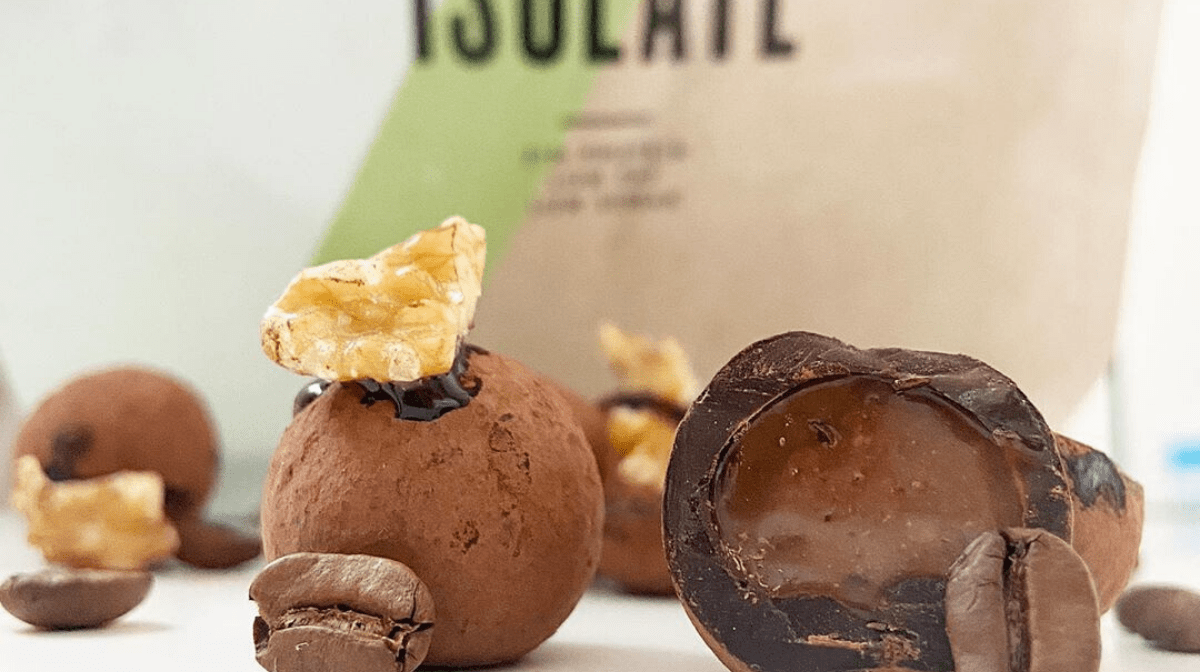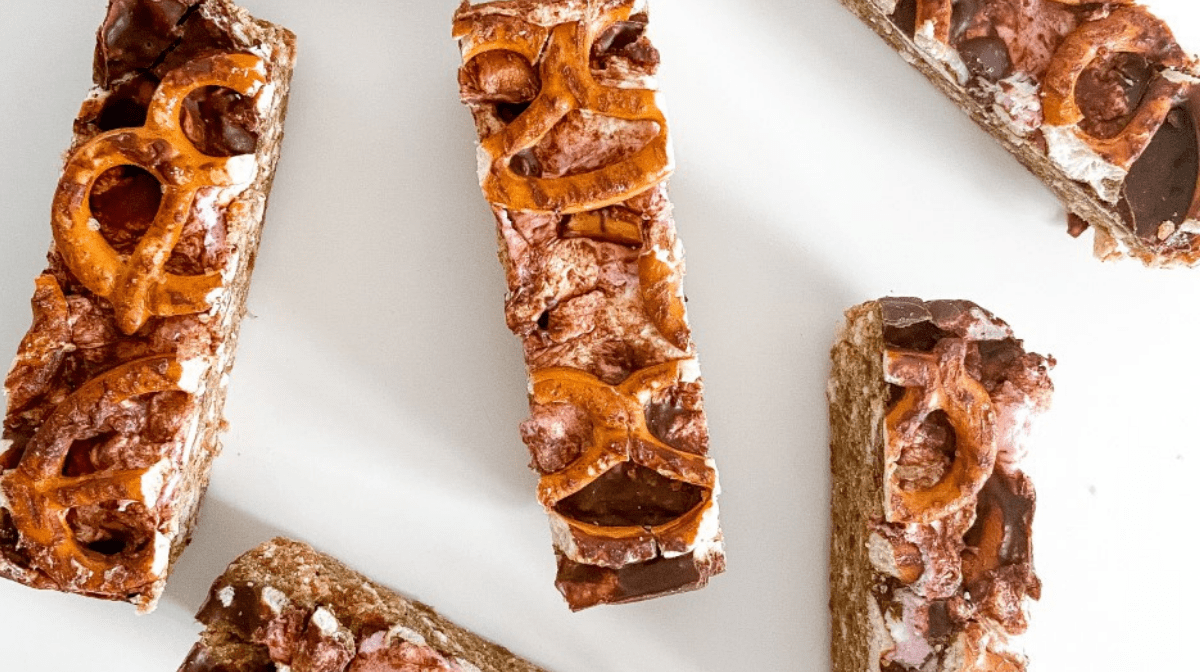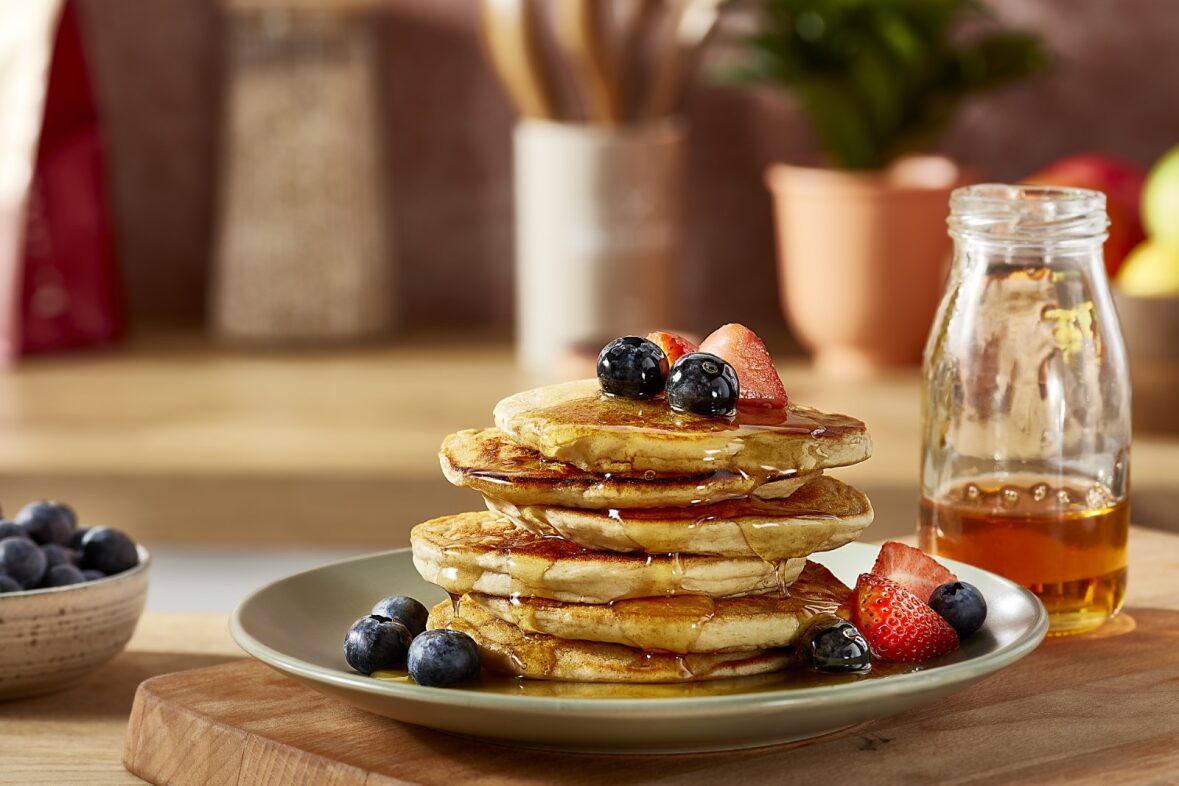Gut health is an essential part of your overall wellbeing. An unhealthy gut can lead to mental and physical health difficulties, such as inflammation and brain fog.
Read on to find out the signs of an unhealthy gut, and the best foods to get it running smoothly again.
- Why is gut health important?
- How does good gut health improve your wellness?
- Signs of a healthy and unhealthy gut
- Best and worst foods for gut health
- How to improve gut health naturally
- FAQs
Why Is Gut Health Important?
Your gut is host to over 100 trillion bacteria – these contain more genetic code than human DNA! Collectively these gut bacteria are known as the gut microbiome.
The microbiome can impact metabolism, immune function, nutrition absorption and various other cellular reactions within the body. Therefore, a healthy microbiome has a wide range of beneficial effects on health and wellness, not only gut functioning!
Studies suggest that gut health is linked to levels of inflammation in the body. Imbalance of the gut microbiome – called ‘dysbiosis’ – has been linked to various inflammatory conditions like IBS, and high blood sugar.
An unhealthy gut is likely to produce gastrointestinal symptoms including bloating, discomfort, or changes in bowel habits; however, due to wide-ranging effects of the gut microbiome, an unhealthy gut may also lead to systemic symptoms such as fatigue, brain fog and acne.

How Does Good Gut Health Improve Your Wellness?
Gut health doesn’t just mean a regular bathroom schedule! A healthy gut has an impact on many different aspects of health and wellness.
Inflammation
Diets low in fibre and high in both protein and fat have been linked to poorer gut health and overall wellness: diets that follow this pattern are typically linked to higher levels of inflammation within the gut. This not only leads to an unhappy gut, but can also increase the risk of developing inflammatory conditions.
A healthy gut consists of a functional barrier that allows transport of nutrients out of the gut. In an unhealthy gut, this barrier lets too many nutrients out – this leads to inflammation both inside and outside the gut.
Mental focus
A healthy gut microbiome is associated with reduced symptoms of common mental health conditions such as anxiety and depression. An unhealthy gut may lead to poorer levels of concentration and higher levels of distractibility.
Immune system
A gut that contains enough ‘good’ bacteria will help to support the immune system to fight off invading ‘bad’ bacteria and pathogens that may cause illness.
Clearer skin
Acne is one of the most common skin conditions which if severe, can lead to scarring and low self-esteem . Evidence suggests that people with acne, especially the inflammatory kind, are less likely to have a diverse and healthy gut microbiome. The gut microbiome likely plays a role in modulating the oil glands that become inflamed during acne.

Signs Of A Healthy Gut
If you wake up every day feeling 10/10, then you might already have good gut health! 5 signs of a healthy gut include:
- Regular bowel movements
- High energy levels
- Reduced symptoms of low mood and anxiety
- Absence or reduction of bloating, abdominal pain, constipation or diarrhoea
- Ability to maintain a healthy weight range
Signs Of An Unhealthy Gut
Poor gut health will not only produce gastrointestinal symptoms, but also general signs of inflammation within the body.
5 signs of an unhealthy gut include:
- Bloating and discomfort
- Changes in bowel habit, from constipation to diarrhoea
- Low energy levels
- Brain fog and low mood
- Poor skin health
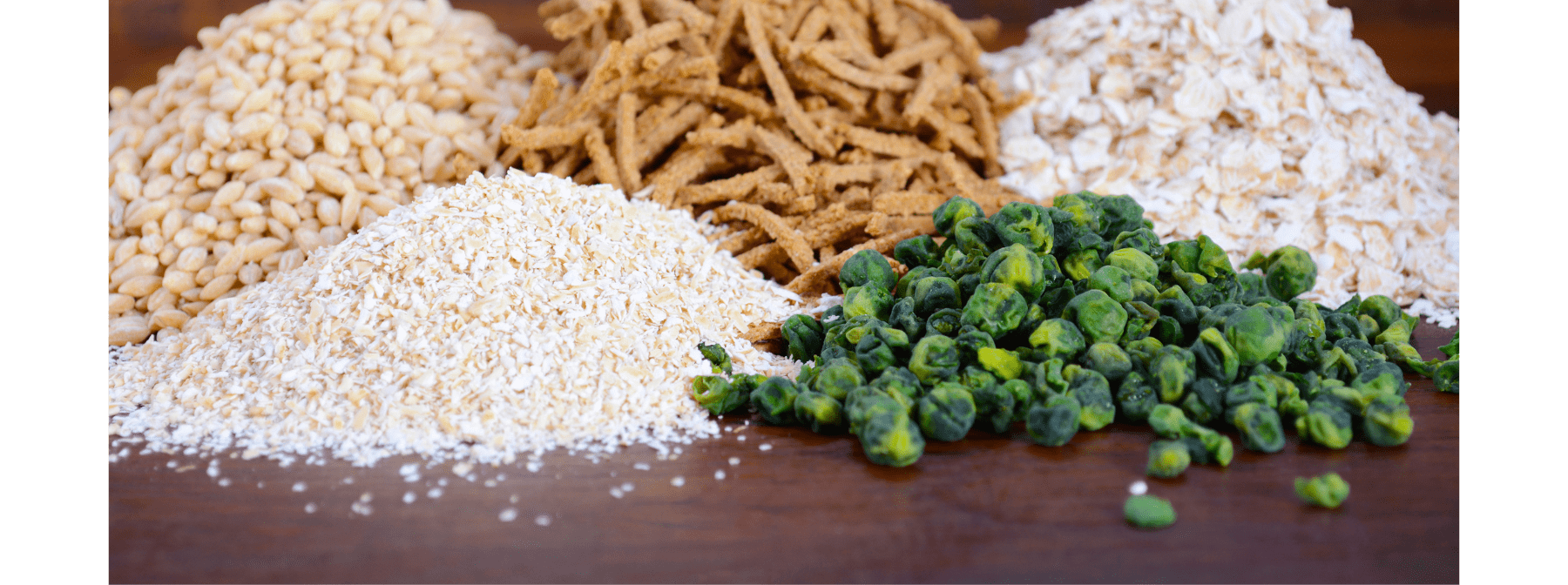
Best Foods For Gut Health
The most important thing for gut health is diversity – eating a range of foods will help to keep gut bacteria happy and thriving.
There are certain types of food that are better than others when it comes to gut health – high fibre foods and foods with additional benefits (functional foods) are brilliant for feeding the gut microbiome. Foods that are great for gut health include:
- Fruits & vegetables
- Prebiotic foods (high-fibre foods like oats and seeds)
- Whole grains
- Fermented foods (eg. saurkraut, kimchi)
- Beans & legumes
- Seeds
Worst Foods For Gut Health
Food choices can have a positive or a negative impact on the gut microbiome, with certain foods speeding up the leaky gut process, encouraging the growth of ‘bad’ bacteria, and overall reduce gut health.
6 types of foods that can be bad for gut health include:
- Foods containing refined sugar
- Highly processed foods
- Saturated fats
- Alcohol
- Foods containing additives
- Animal proteins
How To Improve Gut Health Naturally
Good gut health isn’t only down to the foods we eat; lifestyle factors are also important.
Complex interactions occur between hormones and the gut microbiome, with both having the ability to impact each other. General lifestyle habits are just as important as choosing the right foods!
Here are the top 10 ways to improve gut health through your lifestyle and diet:
1. Get enough sleep
Inadequate sleep can lead to a whole host of problems, not only poor gut health! Tiredness can increase cravings for highly processed or sugary foods, both of which have a negative impact on our gut health and overall wellness. Being tired also increases the stress hormone cortisol, which can have a damaging effect on gut health.
2. Eat more plant fibres
Aiming for at least 30 different plant-based fibres per week will help to promote diversity within the gut microbiome. Luckily plant fibres doesn’t only mean fruit and vegetables – it also includes some wholegrains, legumes, nuts, seeds, herbs and spices!
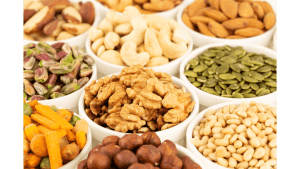
3. Regular exercise
Physical activity encourages diversity of the gut microbiome. It has also been shown to improve mood and reduce stress levels. The UK guidelines for exercise are 150 minutes per week of moderate intensity exercise.
However, this doesn’t just mean going to the gym or running on a treadmill! Brisk walks, certain types of yoga and group exercise classes all count towards this goal.
4. Manage stress
The stress hormone cortisol can have a negative impact on the gut microbiome. Take time to manage stress levels, whether this is a walk at lunchtime, a daily mindfulness practice, or regular journaling. Stress management is also helpful for mental health – not only gut health!

How To Relieve Stress: 10 Practical Ways
Follow these tips so you can lead a more peaceful and healthy life.
5. Practice mindful eating
We’re all guilty of being distracted when we eat, or not carving out the necessary amount of time we need to consume a meal. Mindful eating is about being more aware of your food while you’re eating by removing distractions, and focusing on the different tastes and textures you’re experiencing.
Chewing food thoroughly allows the food to be partially broken down before it reaches the gut, which allows the gut microbiome to extract nutrients appropriately.
6. Include pre- and probiotics
Prebiotic and probiotic? What’s the difference? Prebiotics are foods that help support pre-existing ‘good’ bacteria. These are usually high fibre foods such as oats, seeds, onions and garlic. Probiotics are supplements that can help to rebuild and rebalance the gut microbiome.
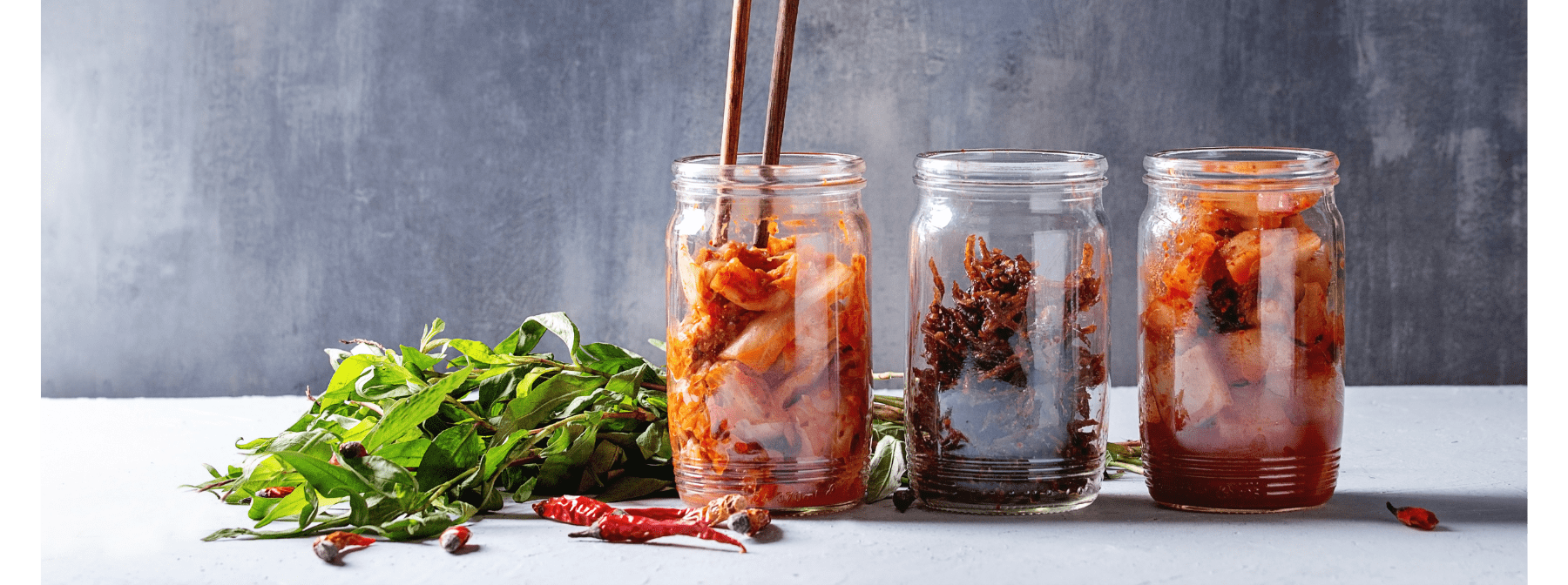
7. Eat whole foods
Highly processed foods, as well as foods high in fat and sugar can all have a negative impact on gut health. Swapping shop bought bean burgers for home-made is just one way of incorporating more whole foods. Other examples include swapping processed breakfast cereals for porridge oats, or swapping processed potato products for home made jacket potatoes or fries.
8. Stay hydrated
Dehydration slows down cellular reactions including the movement of food through the gut. This can lead to food being delayed in transit, leading to a build-up of bad bacteria and symptoms such as constipation and bloating. Water is also essential to soften stool and make it more comfortable to pass.
9. Try out fermented foods
Most probiotics come in supplement form however, some fermented foods also contain natural probiotics which form during the fermentation process. Examples include kombucha, kimchi, sauerkraut, miso paste, and some dairy-free yoghurts. When introduced gently, these may help to provide the gut with a boost of good bacteria.
10. Mediterranean style diet
This diet has been well researched for its beneficial properties. A Mediterranean diet is high in fruit and vegetables, whole grains, beans, legumes, and unsaturated fats such as olive oil. This diet may not only help to improve gut health, but has also been linked to improved heart health.

Talk To Your Doctor
This article is for educational purposes only and should not be used as a substitute for medical advice. If you have any concerns about your health, please contact your GP or other relevant healthcare professional.
Take Home Message
Gut health plays an essential role in many other aspects of physical health, as well as mental health. Dysbiosis can lead to symptoms of inflammation, low mood, and gastrointestinal disturbances. Making a few lifestyle changes can help to support your gut health which in turn, will have a beneficial impact on your overall wellbeing.
For more expert nutrition advice, plant-based recipes and exclusive discounts, sign up for our emails!
FAQs
How can I make my gut healthy?
Lifestyle changes such as getting enough sleep, regular exercise, and managing stress will all help to support gut health. Choosing the right foods is also important – aim for plant diversity and fibre for maximum benefit.
What are signs of poor gut health?
Signs of poor gut health can be directly related to the gut; for example, constipation, bloating, abdominal pain. However, systemic symptoms can also be present due to the connection between the gut and the rest of the body. These can include fatigue, low mood, brain fog, and skin congestion.
What are the signs of a healthy gut?
A healthy gut is one that is well functioning! Regular bowel movements is one sign of good gut health. Being able to maintain a healthy weight may be another sign of good gut health.
What foods are bad for gut health?
Highly processed foods can be bad for our gut, especially those high in sugar and fat.
What foods are good for gut health?
Plant foods are excellent for gut health! This includes not only fruit and vegetables, but also legumes, wholegrains, nuts, seeds, herbs and spices.
Siddiqui R, Makhlouf Z, Khan N. The increasing importance of the gut microbiome in acne vulgaris. Folia Microbiologica. 2022; 67: 825-835
Guinane C. Cotter P. Role of the gut microbiota in health and chronic gastrointestinal disease: understanding a hidden metabolic organ. Therap Adv Gastroenterol. 2013; 6(4): 295-308.
De Vos W, Tilg H, Van Hul M, Cani P. Gut microbiome and health: mechanistic insights. Gut. 2022; 71: 1020-1032
Viggiano D, Ianiro G, Vanella G, Bibbo S, Bruno B, Simeone G. Gut barrier in health and siease: focus on childhood. Eur Rev Med Pharmacol Sci. 2015; 19(6): 1077-85
Sakka H, Bozidis P, Touzios C, Kolios D, Anthanasious G, Athanasopoulou E, et al. Nutritional status and the influence of the vegan diet on the gut microbiota and human health [internet]. Medicina. 2020; 56(2): 88. Available from https://doi.org/10.3390/medicina56020088
Zhang P. Influence of food and nutrition on the gut microbiome and implications for intestinal health [internet]. Int J Mol Sci. 2022; 23(17): 9588. Available from: https://doi.org/10.3390/ijms23179588
Lee J, Walton D, O’Connor C, Wammes M, Burton J, Osuch E. Drugs, guts, brains, but not rock and roll: the need to consider the role of gut microbiota in contemporary mental health and wellness of emerging adults. Int J Mol Sci. 2022; 23(12); 6643.
NHS. Physical activity guidelines for adults aged 19-64 [internet]. NHS. Aug 2021. Available from: https://www.nhs.uk/live-well/exercise/exercise-guidelines/physical-activity-guidelines-for-adults-aged-19-to-64/
Bischoff S. ‘Gut health’: a new objective in medicine? [internet] BMC Med. 2011; 9(24). Available from: https://doi.org/10/1186/1741-7015-9-24
Spector T. Food for life. London: Jonathon Cape Publishing; 2022.


